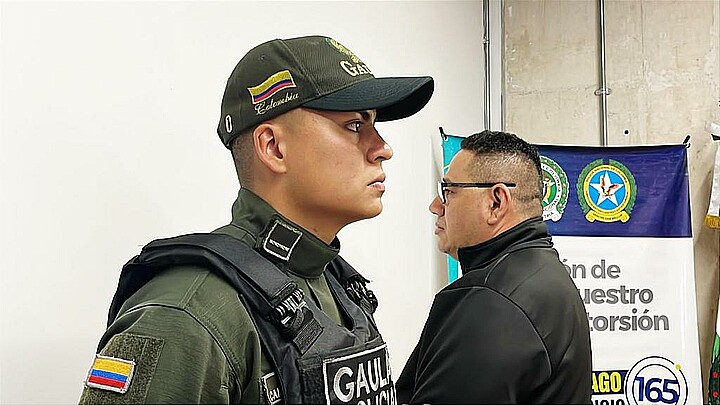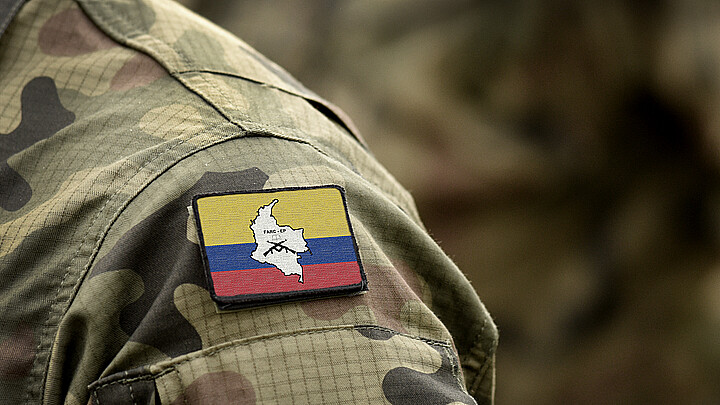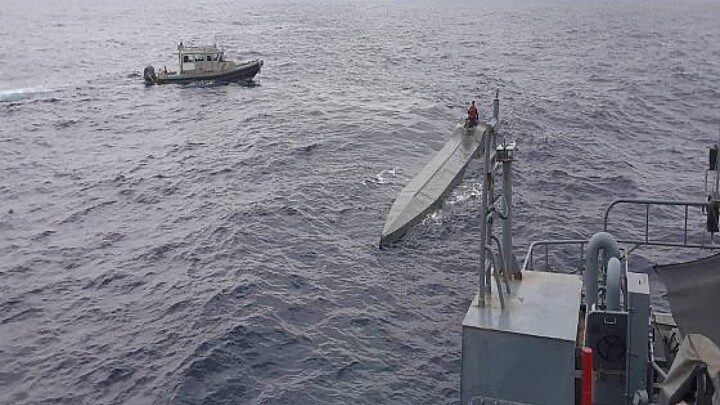Crime
Colombia ranks second in the world for organized crime rates
In Latin America, Colombia was followed in the ranking by Mexico, Honduras, Paraguay, Panama and Venezuela
April 27, 2022 5:33pm
Updated: April 28, 2022 10:03am
A report published on Wednesday by the Global Initiative Against Transnational Organized Crime revealed that Colombia is the second country in the world with the highest rate of organized crime, behind only the Democratic Republic of Congo.
The ranking, which examines the UN’s 193 member countries, primarily analyzes and then ranks three main markers: illegal markets, structure and influence of criminal actors, and resilience, defined by the study as the capacity of the state to disrupt criminal activities through public policy.
According to the results of the report, the countries with the highest levels of crime are the Democratic Republic of Congo (7.75), Colombia (7.66), Myanmar (7.59), Mexico (7.56) and Nigeria (7.15).
In Latin America, Colombia was followed in the ranking by Mexico, Honduras, Paraguay, Panama and Venezuela.
The study bases a country's crime score on two variables: the criminal market and criminal actors.
The report specifies that Colombia is one of the world’s largest human trafficking hubs and also the country from where the most cocaine is exported – a fact that helps explain the violence and conflict in the South American nation.
Colombia scores 9.5 out of 10 for cocaine trafficking and also has a high score for crimes against non-renewable resources (9.0), including illegal mining, arms trafficking and cannabis -- each scored at 8.0.
Speaking about the impact of drug trafficking, GI-TOC Director Mark Shaw said, “if you look at Latin America, of course, you can see the impact that drug trafficking has on that whole region, in particular. And if you break down the scores by sub-region, you can also see the impact on Central America," reported Colombian newspaper La Republica.
Shaw also referenced the way governments combat drug use, saying, “if asked whether I believe the war on drugs should continue, I think the answer – according to the global consensus – is no.”
"Does that automatically mean that there are easy solutions to reduce the profits that criminal groups make from drugs? I think that's worth discussing and what Global Initiative does is provide a platform for a lot of those discussions," Shaw added.
According to the study, almost 80% of the world's population now lives in countries with high levels of crime. In addition, the exploitation of people, in the form of "human trafficking,” has become the "most pervasive criminal economy in the world".
The Global Organized Crime Index at the end of last year also ranked Colombia as the second most affected nation in the world by organized crime.










